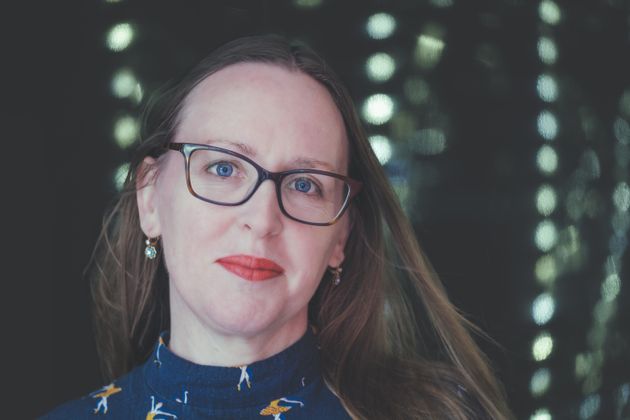
Rachel Morgan-TrimmerLike many late-diagnosed autistics, my diagnosis didn’t really come as a surprise to me. I’d always known I was different, but put that down to other factors. As I gradually got to learn more about autism and what it can look like, I came to the realisation that I could be autistic. After a few years stewing on a waiting list, some form filling, and a couple of assessments, I got my official diagnosis.So while that wasn’t a surprise, many things about being autistic have been. Let’s take a look at 5 of them. Being autistic doesn’t necessarily make you “feel” autisticThis is quite a common response amongst late-diagnosed people, particularly women, I’ve found. I mean, we don’t know what it’s like to feel not autistic, so the way we feel is just normal to us. Sometimes, it has us questioning our diagnosis, particularly when we meet other autistics whose traits are more stereotypical or pronounced. We’re so used to seeing autism presented one way, that it can be hard to understand that it presents in a huge variety of ways and it can be hard to reconcile our view of autism with our own experience of it. I’ve found that sharing interests, behaviours and preferences with other autistic people can help dispel doubts about my own diagnosis. A diagnosis can make your autistic traits more pronouncedThis was one of the weirdest things that happened to me, and I’ve heard of it happening to other late-diagnosed autistics.&
Full Story